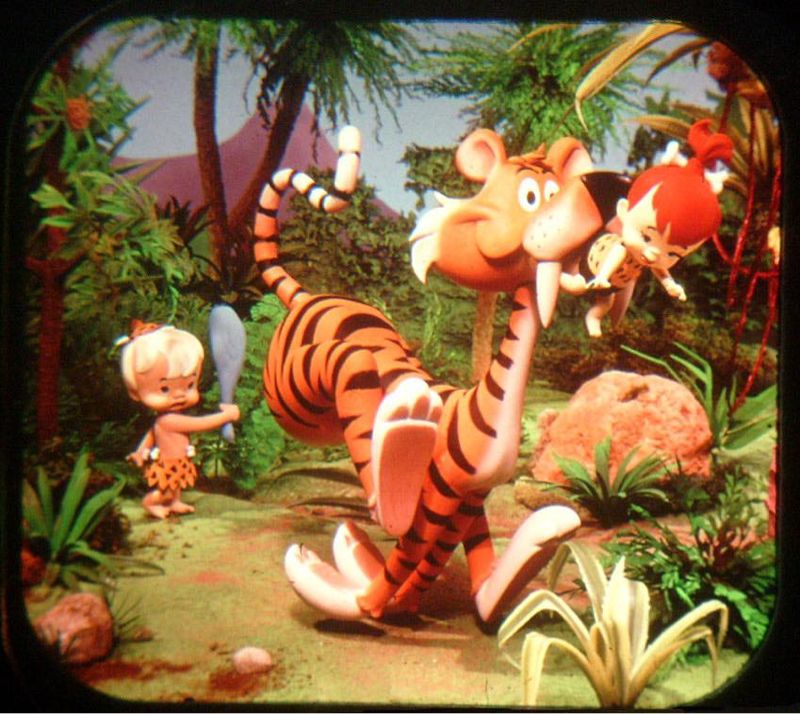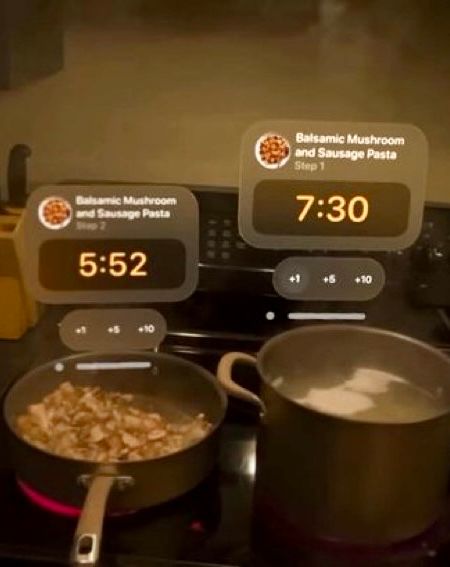Played with Vision Pro off-script for ½ hr. I told the saleswoman I’d had the scripted demo already. She was like, have at it, I’ll watch and learn from you :) Like a car dealer who tosses you the keys and says come back in an hour.
This was a much better demo. Tried every app and environment. Size 21W light seal gave me clearer video and a much wider FOV. Fit is critical.
Pre-launch, Applers claimed they were using Vision Pro hours per day, which sounded like BS. Now feels plausible.
Watched “Masters of the Air” in the cinema environment, really felt like being in a theater down to the ribbed ceiling.
The dinosaur demo really does invoke synesthesia when a butterfly lands on finger—you feel a light touch or static electricity.
If you pat the big dino on the snoot, it backs away like a golden retriever. Your hands on its snout break immersion, the goggles struggle to mask them.
Pulled apps toward me and directly scrolled by touch. Same with the VR keyboard, just poked and typed.
Enjoyed Mt. Hood at night, Yosemite, the Moon, the Hawaii volcano, White Sands.
Typed in Notes, drew in the air with Freeform, played with Mail and Messages.
Friend who bought it says the hand tracking is too aggressive, lots of spurious taps. Like trackpads had to improve palm rejection back in the day.
The hand tracking and VR keyboard will likely eventually be good enough, like iPhone’s soft keyboard did vs. BlackBerry. Big simplification not to have external beacons / sensors or controllers.
Apple tends to be stingy with hardware access (no camera for you) and takes most of the dollars in the market, vs. Wintel. Nevertheless, very interesting platform for app dev.

